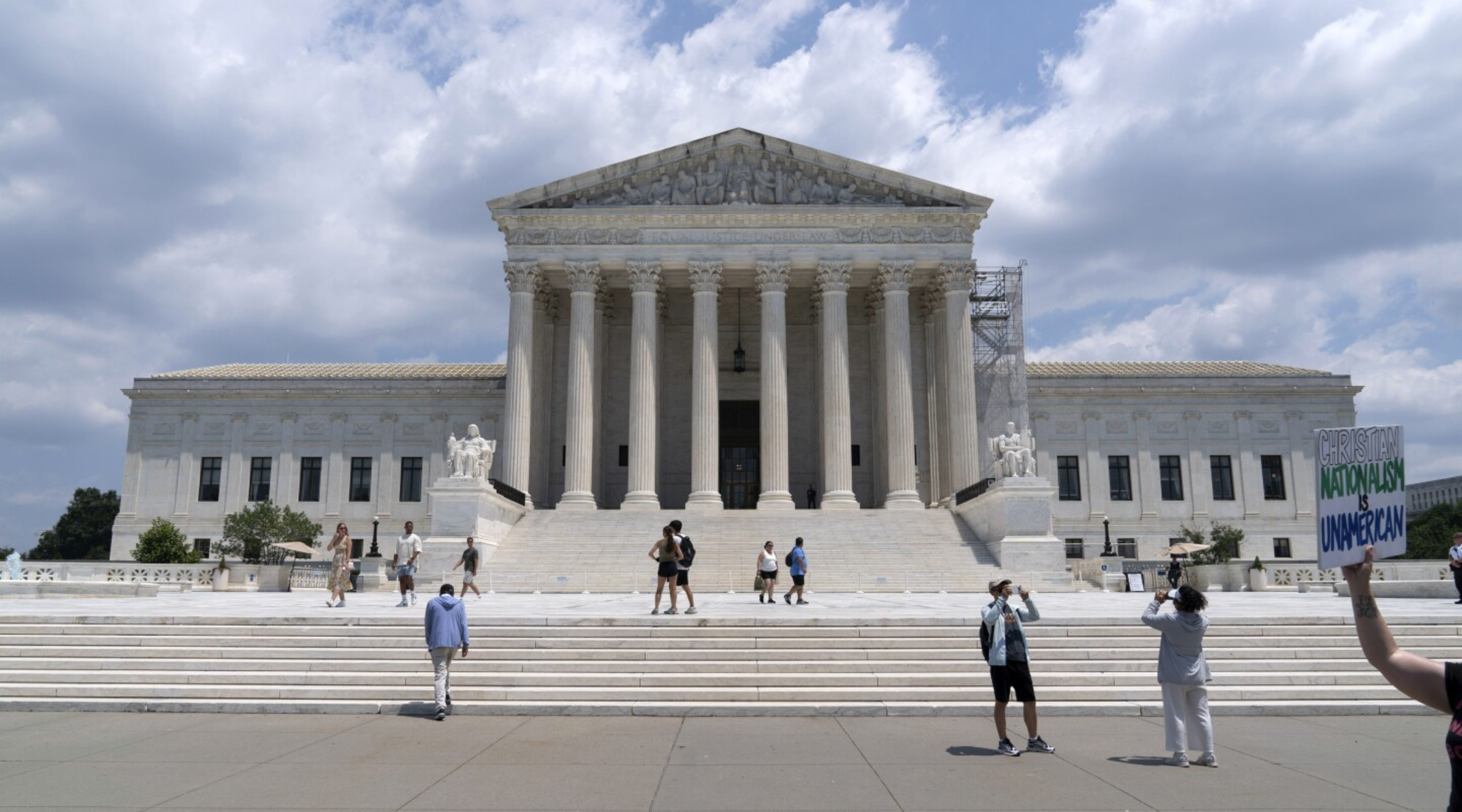USA (Transatlantic Today) – The U.S. Supreme Court on Thursday upheld a tax on foreign income, dismissing a challenge supported by business and anti-regulatory groups. In a 7-2 decision, the court preserved a provision of a 2017 tax law that aims to generate $340 billion, primarily from the foreign subsidiaries of American corporations.
Impact on Domestic Corporations
According to Komonews, the 2017 tax bill, enacted by a Republican Congress and signed by then-President Donald Trump, targets American-owned businesses that operate overseas. It levies a one-time tax on undividendable gains investors hold to offset other tax benefits. This verdict directly impacts firms that have kept money abroad to avoid paying taxes in the United States.
Case Background: Redmond Couple’s Challenge
The court ruled in the case of Charles and Kathleen Moore from Redmond, Washington. They challenged a $15,000 tax levy based on Charles Moore’s investment in an Indian corporation, claiming it violated the 16th Amendment. The amendment, ratified in 1913, authorizes the federal government to levy an income tax on Americans. In a sworn statement, Moore said he never received any money from KisanKraft Machine Tools Private Ltd.
Court’s Narrow Ruling
The majority opinion, written by Justice Brett Kavanaugh, emphasized the ruling’s limited scope. He stressed that the court’s decision preludes any future congressional attempts to tax a company and its shareholders on the same undistributed revenue. Kavanaugh emphasized that the opinion exclusively addressed the specific question about the 2017 statute.
Dissenting Opinions and Future Implications
Justices Clarence Thomas and Neil Gorsuch dissented, arguing that the Moores were taxed on an investment that had not yielded them any income. Thomas contended that the 16th Amendment only permits taxation on realized income. Justice Amy Coney Barrett, joined by Justice Samuel Alito, agreed that the Moores should lose the case but shared concerns about taxing unrealized income.
Reactions and Future Challenges
Dan Greenberg, general counsel of the Competitive Enterprise Institute, expressed disappointment but noted the ruling’s narrow focus leaves the constitutionality of future taxes, such as a national wealth tax, unresolved. Tax expert Leslie Samuels warned that the decision could encourage more legal challenges to existing tax provisions and signal restrictions on Congress’s ability to impose new taxes.
Ethical Concerns and Case Details
The case also raised ethical issues. Senate Democrats called for Justice Alito to recuse himself due to his connections with David Rivkin, the lawyer representing the Moores. Public documents indicated that Charles Moore’s involvement with the company was more extensive than court filings initially showed, which complicated the case.
The Supreme Court’s ruling preserves the 2017 tax law while leaving the door open for future legal debates on the taxation of unrealized income and wealth.


























